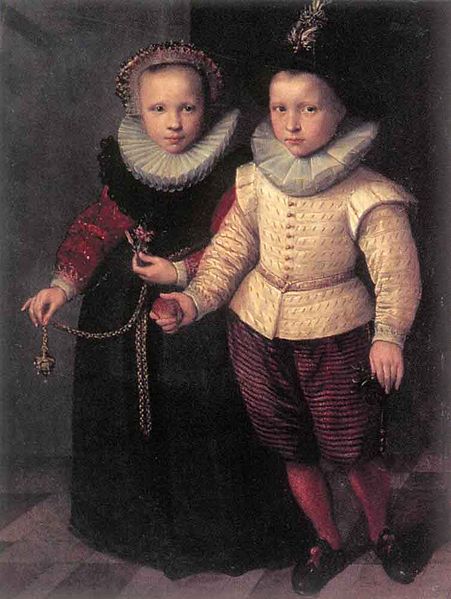The Substance of Ethical Recognition:
Hegelís Antigone and the Irreplaceability
of the Brother
Dr. Victoria I. Burke
G.W.F. Hegel focuses his treatment of Sophocles' drama, Antigone , in the Phenomenology of Spirit on the ideal of mutual recognition. Antigone was punished with death for performing the burial ritual honoring her brother, Polyneices, to whose irreplaceability she attests in her well-known speech of defiance. Hegel argues that Antigone's loss of Polyneices was the irreparable loss of reciprocal recognition. Only in the brother sister relation, Hegel thought, could there be equality in mutual recognition. I argue that this equality cannot be found in a marriage union with a husband or in the public sphere of civil society. Situating Hegel's account of marriage in the Philosophy of Right within the history of marriage and historical literature on the emerging market economy of Hegel's time, I demonstrate that Hegel's perception of equality in the reciprocal recognition of the brother sister relation was a function of both economic realities and his relationship with his sister, Christiane. I show desire in the Phenomenology to be the desire for dominance, and I show the brother sister relation to be free of desire.
